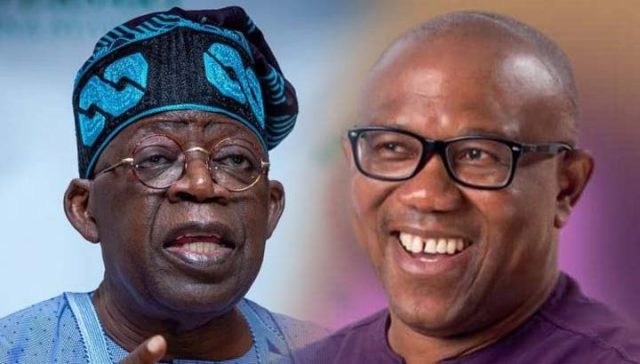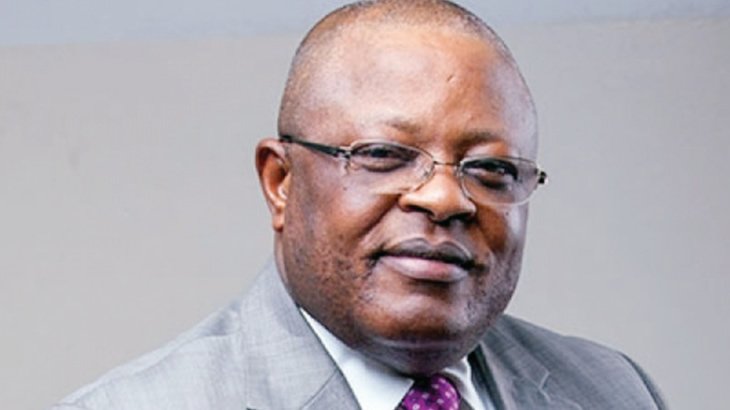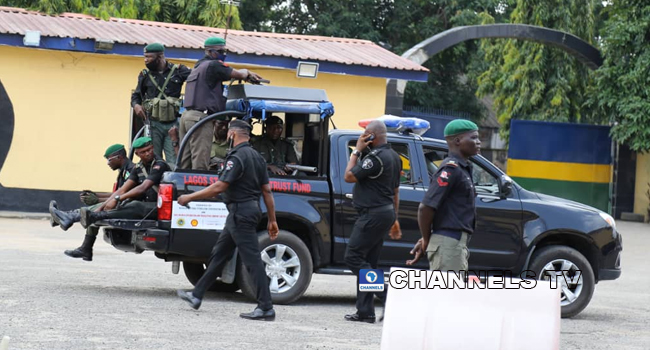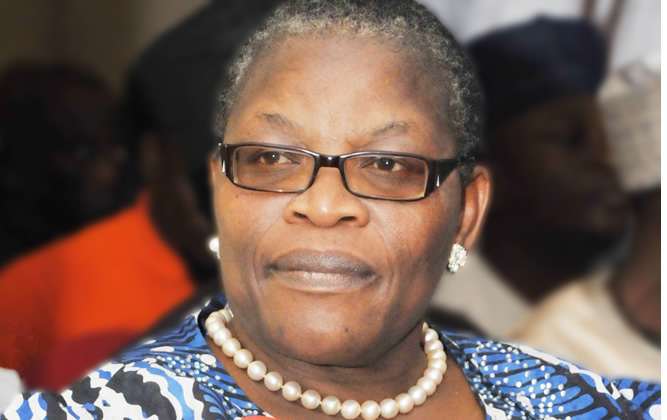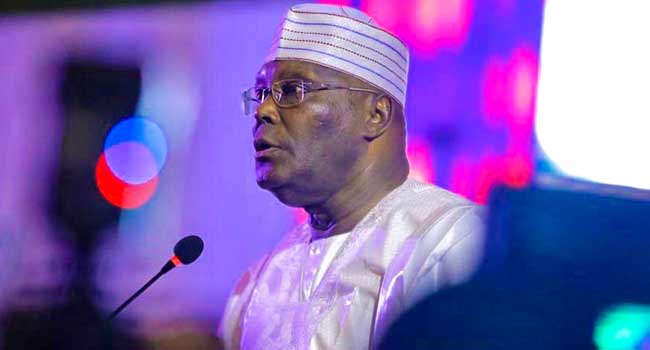INSECURITY: Going to 2023 polls in fears
Five days to Saturday’s presidential and National Assembly elections, fears of insecurity in some parts of the country and the credibility of the electoral process may affect the turnout of voters, Daily Trust reports. Despite a steady rise in the number of registered voters in Nigeria’s seven election cycles, since 1999, the country has witnessed a gradual decline in voter turnout. The Independent National Electoral Commission (INEC) had registered a total of 93, 469, 008 voters across the country’s 36 states and the Federal Capital Territory (FCT), the highest since 1999. The figure showed a 61.3 per cent rise from the 57.9 million voters who registered for the country’s election in 1999. Experts, however, said that despite the high registration numbers, the security situation and trust would affect the turnout of voters in this year’s polls. IN THR SOUTHEAST Late last year, the convoy of the senator representing Anambra South senatorial zone, Dr Ifeanyi Ubah was attacked and left many casualties. The attack, which took place at Enugwu Ukwu, Njikoka local council of Anambra state, claimed the lives of security officials attached to the senator as well as his aides. The attackers were said to have ambushed his convoy and continued to pummel it with bullets until they were sure it had been reduced to rubbles. His attackers were said to have moved in and allegedly collected the arms of those they killed. When they left, the blood of those hit by the bullets were seen freely flowing on the tarred Enugwu Ukwu road with several shattered vehicles. Residents who got to the scene of the attack early had expressed bewilderment at the superior firing power of the hoodlums that shattered the quietude of the sprawling area. They had feared the bravery in confronting a convoy of such nature fitted with several security officials and yet made a breakthrough. Like Ohakim, Ubah had said after he survived the attack: “If not for the Bullet Proof Jeep I was riding in, I would have been dead by now. We were passing Enugwu-ukwu junction when they hit us front and back from all sides and as I speak, one of my Special Assistants is dead and about seven security operatives were hit by the assassins bullets.” Uba’s attackers have remained unknown since then. Also in Anambra state last year, the member representing Aguata 11 State Constituency, Okechukwu Okoye was kidnapped alongside his driver. Okoye’s head was later found dumped inside a carton without other parts of his body. Since last year, the quietude of the southeast region had come under serious challenge, as gunmen have intensified attacks. Residents no longer live with ease. Travels have reduced to the barest minimum. The level of return of Igbo people to their places of origin in the last Christmas and new year celebrations were strong indications that all is not well in the zone. Posh cars are rarely seen on the highways, as they have become prime targets of gunmen. From Enugu to Ebonyi, Abia to Imo and Anambra, the situation is similar. It is strange for a day to pass without stories of killings or kidnaps. Nightlife is gradually fading away. Businesses are shutting down. Business operators now close early for fear of attacks. Although the highways are littered with security checkpoints manned by soldiers and policemen, the security situation has continued to deteriorate. Meetings of political parties have been attacked. In some communities, people are now forced to pay some criminal gangs if they must hold their events. Attempts by non-state actors to seize initiatives are creating unbearable pains for innocent residents. A recent case is the December 30, 2022 plundering and burning of houses and other property of residents of Aku-Okigwe in Okigwe local council of Imo state by a horde of military personnel and other security agents who invaded the community in search of an abducted female army officer. The army officer was abducted on Monday 26, December 2022 while allegedly visiting her grandmother. A video of her abduction and dastardly treatment was widely circulated online by her captors. In an attempt to rescue the army officer, security agents had descended on the community, shooting sporadically and destroying property including businesses. Some persons reportedly died from the incident. Infractions such as these and others are making life unbearable for the people of the region and continue to invoke fears and concerns on what awaits the zone as the 2023 general elections draw near. To boost the fight against insecurity, President Muhammadu Buhari last Tuesday approved deployment of high technology in the region. Imo state governor, Hope Uzodimma, who revealed this after a meeting with the President said the advanced surveillance equipment are to be delivered in no time to the region to enhance the fight without much collateral damage. The promise of deployment of high technology for the insecurity fight in the zone is being received with mixed reactions. Investigation by The Guardian shows that though there is a general outcry for a permanent solution to the security challenges in the region, it should not come at extra cost. For instance, many believe that the activities of some security agents have either marred the fight or helped fuel it, adding that the gains inherent in the deployment of the high technology may not be realisable if not operated according to rules. “Yes, look at the number of security check points on our highways and ask how these criminals still operate and go scot free. We have a situation where they have abdicated their responsibility while crimes fester. They target the innocent people rather than the criminals and pay little or no heed to intelligence and information gathering,” Eze Onwuegbu, a social critic based in Umuahia, Abia state observed. Onwuegbu had lamented the amount of arms circulating in the region, blaming the situation on the failure of the federal government to give equal sense of belonging to the people. “When competence is no longer the issue in appointing people in


